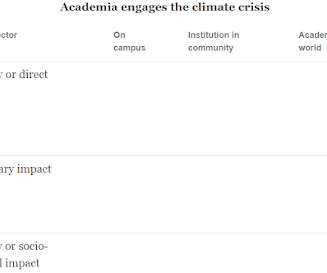How AI can benefit education and educators
QS (Quacquarelli Symonds)
JUNE 6, 2022
In 50 years’ time, which application of AI do you think will impact our everyday lives most? My prediction is that 50 years from now, human-centered AI (HCAI) systems will become incredibly prevalent in our everyday lives. I believe that a dystopian picture of AI systems “wanting” to control humans is not in our future.












Let's personalize your content